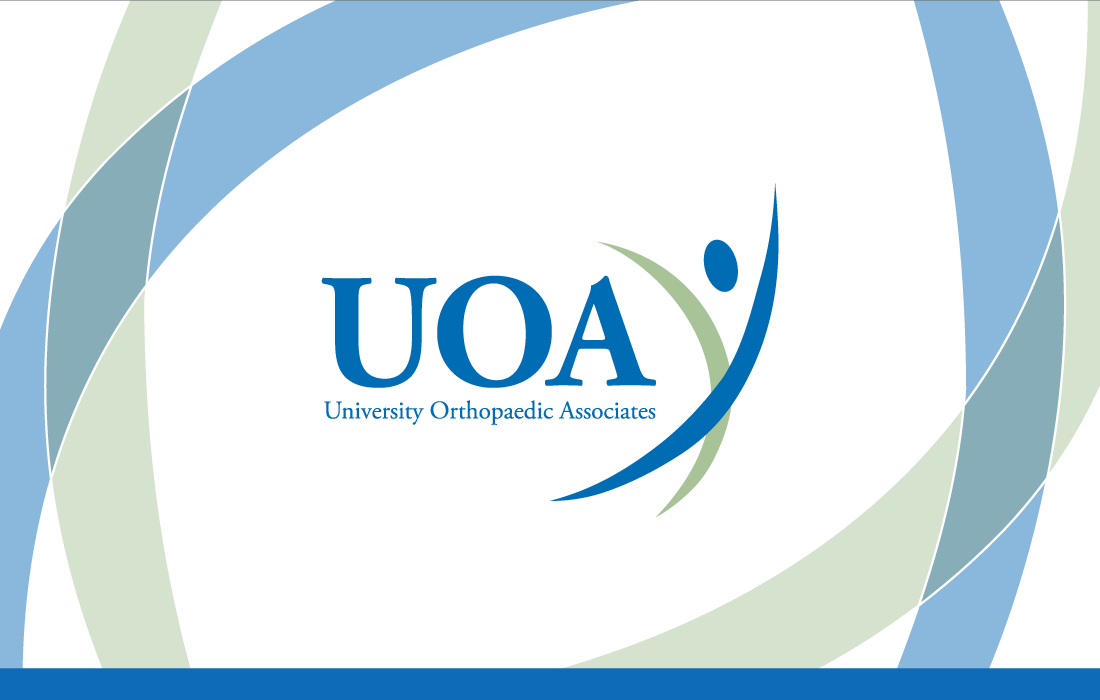Tips for Optimum Sports & Fitness

People often try getting back into shape, and new hobbies or activities. However, sudden burst of activity unfortunately sometimes increases injury and illness risk. Pulled muscles, sprains, strains, stiffness, and sore joints as well as heat injury are seen all too commonly. To help arm you against some of these risks, here are some tips for combating injury:
Heat and Hydration:
Be aware of weather conditions when you are participating in an outdoor activity or sport. Look up the weather report and dress appropriately. Hydration is paramount. A minimum of 6-8 ounces of clear fluids should be ingested per hour of outdoor activity. Avoid alcoholic beverages while exercising; this accelerates dehydration.
Be alert for signs and symptoms of heat injury including muscle cramps, dizziness, nausea and weakness. If you begin to experience these symptoms, cease your activities, find a cool shaded area, and seek medical attention.
Muscle/Joint Injury:
Be sure to warm up and cool down at the beginning and end of exercise. It is very difficult for our muscles to ‘ jump right into’ extreme movements and full-out exercise. Start slow and build up as your muscles gradually warm up. You will also likely find that you may perform better and feel less pain and tightness.
Try to vary your workouts and sporting activities, specifically to the muscles employed. This will help rest muscle groups that you may not have exercised in a while. This also helps prevent overuse injuries in those individuals who tend to work the same muscles routinely. If you like to run, try cross training, and/or swimming once or twice a week to add variety to your fitness routine.
Persistent swelling or pain in a joint due to activity should be evaluated. Do not just ignore this. “No pain, no gain” is a formula for potentially worsening an injury that may have been treated more easily if diagnosed earlier.
Have Fun, but Know your Limitations:
If this is your first time trying a sport such as rock climbing, waterskiing, kayaking, surfing, etc., it is helpful to take lessons from an expert or professional. You should also use the recommended safety equipment. Learn the fundamentals, start slow, and be patient.
It is great to be active! But be smart, and know your limitations. Schedule a physical with your physician if you have not seen one in a while to be sure you do not have an unknown condition or limitation that may become problematic doing a new sport or exercise.

